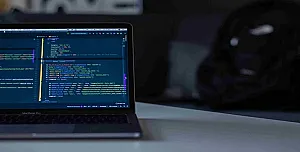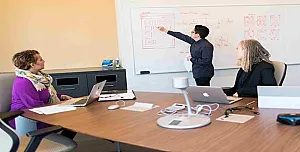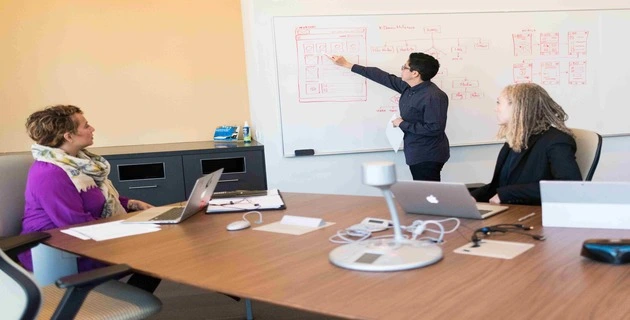Hidden Figures: Jobs That Will Be Killed By Automation
Most of the people have already heard at least something about how AI has become an indispensable tool in more than one area of life and how the employment market is rapidly trying to accommodate the changes brought about by the power and flexibility of AI.
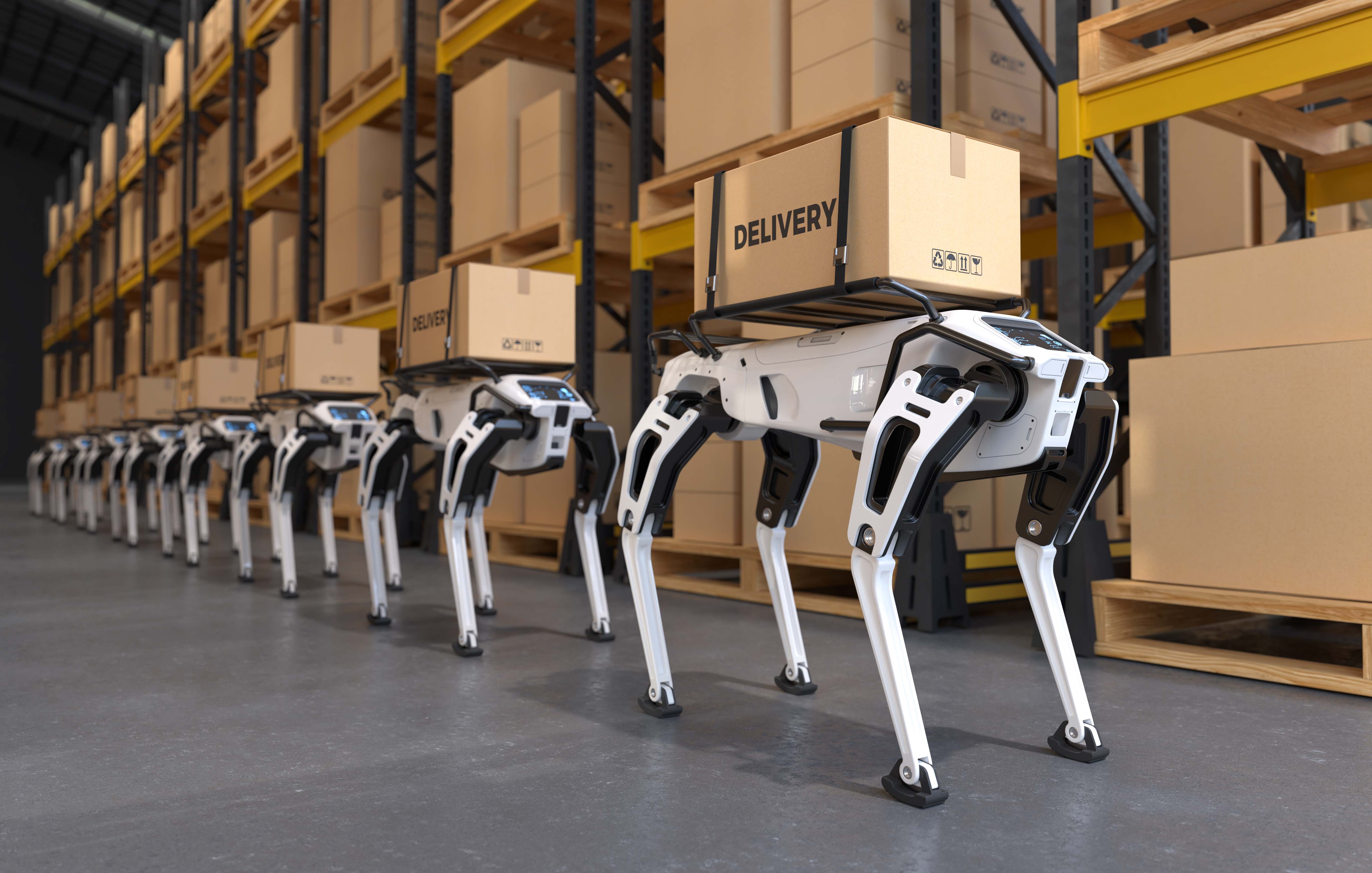
By Iffy Kukkoo
05 Nov, 2017
It’s Your Job – Or Is It AI’s?
Most of the people have already heard at least something about how AI has become an indispensable tool in more than one area of life and how the employment market is rapidly trying to accommodate the changes brought about by the power and flexibility of AI. (If you want to know more about how AI interacts and is expected to revolutionize certain fields, you can read our previous blog posts – we’ve covered everything from customer service to cybersecurity, from engineering and planning to economy, from healthcare to pharmacy and law). Even so, there are many people (usually coming from one of several professions) who are still pretty convinced that they can’t be replaced by any artificial device, no matter how smart one.
But, let’s take off the pink glasses and put on the scientific ones – and find out how right are they. If you believe that your job is too advanced and “humanlike” to be threatened by AI – think twice. And yes – this article is for you especially.
Under the Risk of Unemployment
There’s no point in going into detail insofar some occupations are concerned. Predictably, the most endangered professions are definitely those which presuppose or include a large amount of manual labour: agricultural workers, drivers, clerks and couriers, operators of various equipment, sales workers and street vendors, textile jobs, etc. The more generic and repetitive the tasks you do daily are, the higher the probability that each and every one of them can be automatized. (BBC Technology has done a great job automating the findings of an influential study, “The Future of Employment”, into a simple “automation risk” search box: you can easily find out whether your profession is threatened by AI here; in fact, we encourage you to do so.)
That being said, there are certain jobs you would not expect to appear on any automation-risk list. But, let’s have a look at few of them.
1) Healthcare Workers
As far as most people are concerned, doctors and surgeons are there to stay: how can an AI program outperform a human when it comes to such delicate things such as your health?
Well, to some extent, it’s true that humans are still much better than robots at diagnosing diseases and performing operations. But, it’s also wrong, if you take time into consideration. At the rate of the current development, robots and other AI devices won’t develop general AI or emotional intelligence in the next two decades, and those two are certainly prerequisites. However, in half a century, replacing doctors with robots is not only possible, but almost expected.
In fact, there’s a bunch of smart devices already available at the market, each of them capable of tracking the health conditions of a human organism. Doctors already use them to make some estimations faster. The new thing is that their logs can now be analysed by AI-powered software fed with relevant information about the relationships between certain syndromes and diseases. The software can subsequently predict potential ailments and disorders. Twenty years ago, this scenario might have sounded like a futuristic movie. But, today, it’s already our reality. Ajan Reginald, CEO of Celixir, a company using AI technologies to invent new medicines, Ajan Reginald, says:
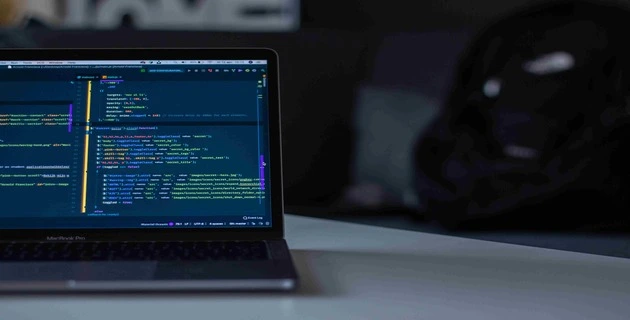

 Ajan Reginald, CEO of Celixir
Ajan Reginald, CEO of Celixir 


